How To Start Off Writing A Book
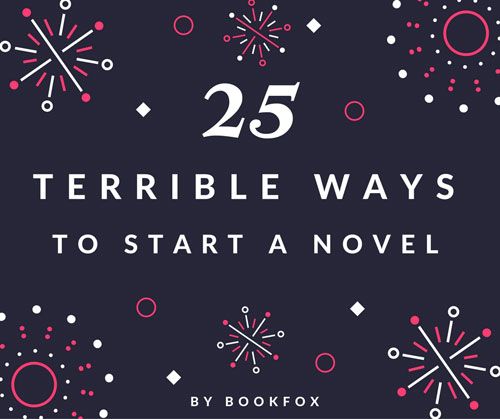 Wondering how to start a novel?
Wondering how to start a novel?
Well, avoid these 25 mistakes and you'll be well on your way.
This list was made in honor of NaNoWriMo, which started yesterday, and I post it as a tribute to all those souls trying to knock out 50,000 words in a mere 30 days. Good luck to all of you.
But if you want more than luck, read these tips for how to start a novel and avoid some frequent pitfalls!
1. Starting 5 or 10 pages before the beginning of the story
This is the most common mistake I see in books I edit. The writer is settling into the story, giving information and backstory, rather than starting the actual story! Find the real beginning of your story — it's where the character encounters a problem or conflict — and make sure that it is your first paragraph (or at least your first page).
2. Not introducing your main character immediately
It's annoying to read 5 pages and discover that the character I was investing in turns out to be irrelevant. I want the main character right away, and I want to know what's troubling them. Don't try to be coy in your novel openings.
You can be coy in the bedroom, but not in the beginning of your novel.
3. Introducing a whole boardroom of characters
 Nobody likes meeting 20 people at the same time, in real life or in fiction. So do your reader a favor and stick with a few important characters in the first chapter. Meaning two, or three, or four.
Nobody likes meeting 20 people at the same time, in real life or in fiction. So do your reader a favor and stick with a few important characters in the first chapter. Meaning two, or three, or four.
I read a lot of novel drafts that introduce eight or more characters in the first chapter, and that's just confusing. Your readers are smart, and when you make them feel dumb because they can't remember who Tommy Garanger is, and why he has a bedsheet on his head, they won't want to keep reading.
4. Not creating conflict on the first page
If I can't latch onto some danger, mystery, or conflict, I don't want to keep reading. There are millions of books in the world for me to read; give me a reason as soon as possible to keep reading yours.
5. Starting with summary rather than a scene
This is probably the second most common mistake I see. I don't want to hear information about your scenario, I want to smell it, taste it, and see it firsthand. And make sure that you're starting in the middle of a scene, not at the boring beginning. Start in the middle and let the reader figure it out.
6. Treating the reader as if they have to know everything right away
A mystery is good. You don't need to dump everything you know about this world into the lap of the reader right away. Give it some time. If you craft it right, they'll keep reading to find out all that stuff.
 7. Treating the reader like they're dumb
7. Treating the reader like they're dumb
Always trust your reader. Believe that they are smart and they will get it if you don't spell it out. So don't spell it out. Don't over explain.
8. Starting in 3rd person if the story is in 1st
Get your POV down right away. And don't tease the reader with an alternative point of view. If there's a first person POV speaker, I want to hear them as soon as possible. Preferably the first sentence.
9. Starting in Present Tense
Don't even. Don't even try it. It's such the mark of a beginning writer. Spare us all and start in past tense. That way you won't be going through your manuscript later changing every single verb tense (it's tiring; trust me, I've done it).
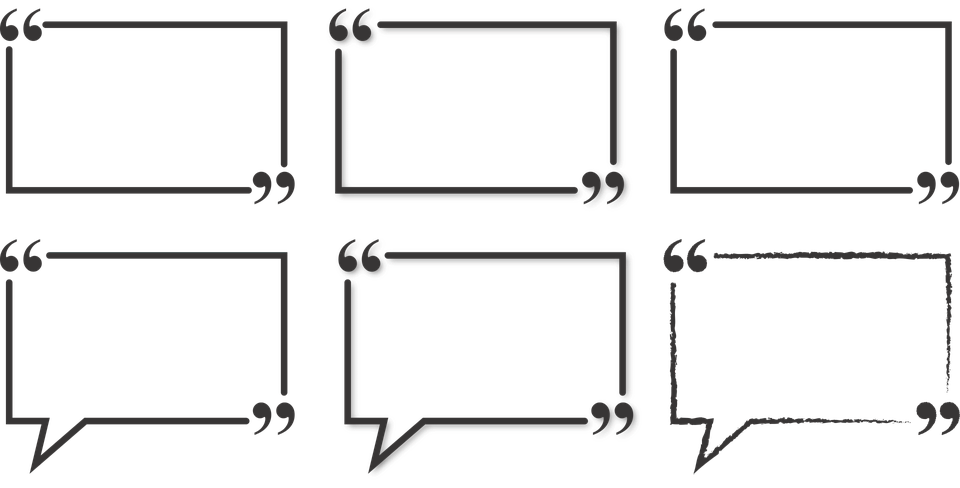 10. Starting with dialogue
10. Starting with dialogue
I don't care who is talking if I don't know them. Give me a reason to care about those words by showing me a character in a particular scene.
 11. Starting with description
11. Starting with description
Describing a mountain or a prairie full of flowers or anything in the natural world wins the award for the most boring way to start a story. Nothing could be less interesting to your reader. If they wanted to look at a nice scene, they would Google some pictures.
Nobody ever reads a book based on great descriptions. Nobody ever recommends another book to somebody by saying, "Dude, this book had amazing description!"
 12. Starting with a dream sequence
12. Starting with a dream sequence
No. No. No. Absolutely not. I want something that is real. I don't want a cheap trick. Give me reality and make that reality gripping. Anybody can make a dream fascinating, but at some point your character has to wake up, and then your reader will feel cheated. Rule of thumb: never cheat your reader.
Also, I'll go ahead and say you should probably avoid dream sequences in the rest of your novel, too. Just avoid them everywhere. There are much better ways to show your character's subconscious.
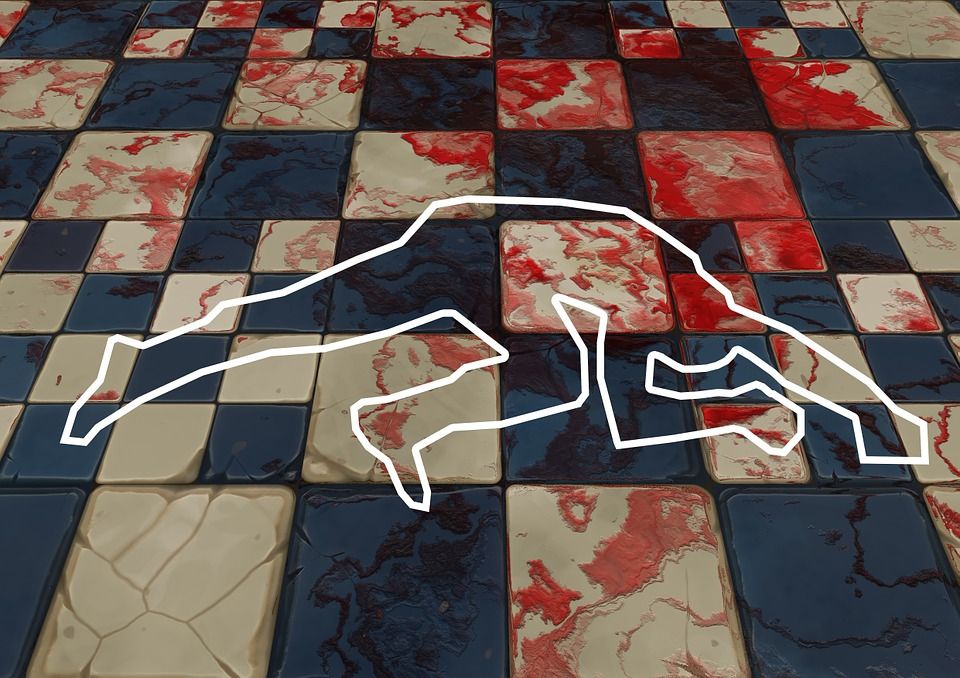 13. Starting with a character that will soon die
13. Starting with a character that will soon die
Unless this is a slasher film or a crime novel, I don't want to meet anyone that I will soon have to say goodbye to. I want a character I can grow with, that I can learn to know and love.
It's a kind of trick to show me someone that you're going to kill off, and it gives me doubts about entering a world controlled by such a capricious god.
 14. World building
14. World building
I actually care about the characters in this new world, so don't just give me information about the way the world works. Show a specific character encountering a difficulty in that world, and I'll figure out how the world works by seeing how that character struggles.
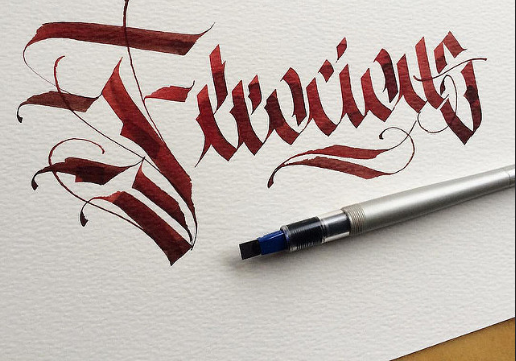
15. Fancy language
Please don't try too hard to sound pretty. I want plain language that creates drama and interesting characters. I don't want to see your attempt to look smart.
Because that's what fancy language is about, isn't it? You making sure that everyone knows you're smart. Guess what? Everyone will think you're smart if you can just tell an amazing story. So concentrate on the story. True genius is knowing characters and knowing plot and knowing what to say in each sentence.
16. Writing a prologue
Prologues suck. Because by definition, they come before the story, rather than being the actual story. So skip them and get right to the story. You can always have a flashback and include the prologue information later.
17. Getting into Backstory
I don't care about what happened 10 years ago or 300 years ago. I care about this present moment. With a particular character encountering a particular problem. Once you have me interested in that, then you can go back and show how the past is relevant to this particular problem.
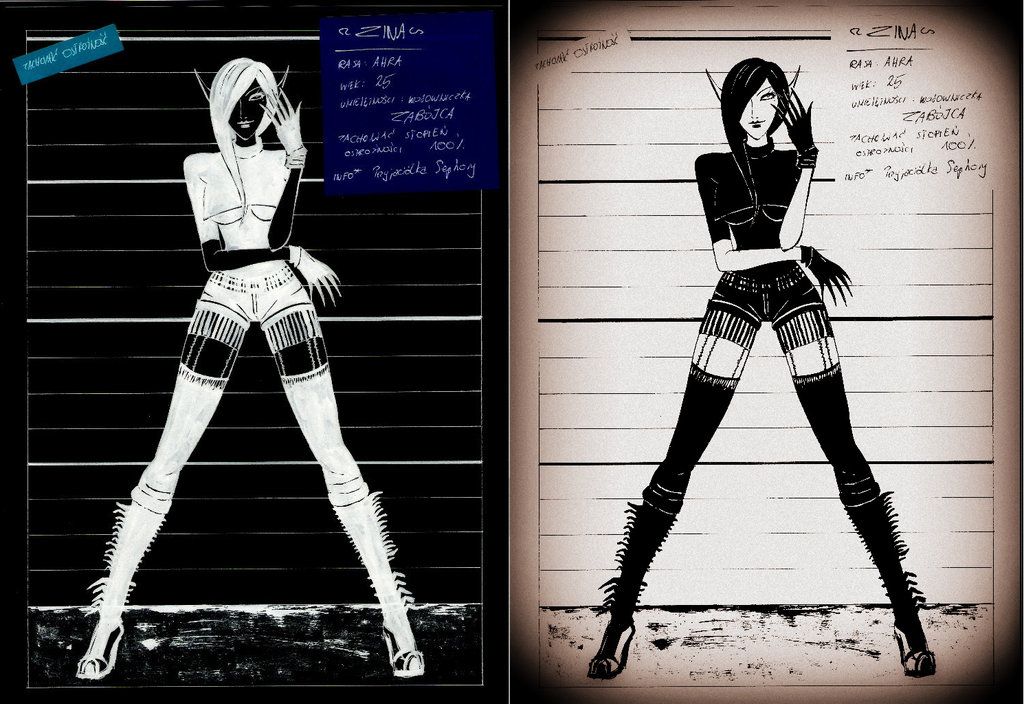
18. Description of a character
This is going to be boring 90% of the time. Why don't you write a description of the character, print it out, post it to your cork board, and then check it when you need to remind yourself what your character looks like? Because really, a description is for you, not the reader.
Maybe once you're deeper into the book, you can dish out a few clues that clarify the physical appearance of your character.
19. Starting with trivia
What information are you offering at the beginning of your story? Is it trivial? Could it count as mere trivia in the world you're creating? Because you want to offer important information at the beginning. Maybe not the most important information, but you don't want to tease the reader. Give them something hefty right at the beginning.
 20. Failing to end the first chapter with a bang
20. Failing to end the first chapter with a bang
The end of your first chapter is the springboard from which the reader will leap into the rest of your novel. Don't go out with a whimper. Show them something to make them keep reading.
The end of your first chapter is also the first natural place where your reader can stop reading. It's a built-in stopping point. And if they put your book down, will they pick it up again? Compel them to keep reading.
21. Breaking the rules of your genre
If you're writing a romance novel, don't start with a sports game. If you're writing a sci-fi novel, don't start with an in-depth character analysis. If you're writing Christian novel, don't start with foul language. If you're writing literary fiction, don't start with a cliche.
Whatever you're writing, know that genre well, and know what is allowed and what isn't allowed.
22. Using loads of cliches
The beginning of your book needs to be original. You accomplish this by avoiding two types of cliches: the sentence cliches ("avoid it like the plague") and by avoiding cliches of plot and character (the smart but ugly sister).
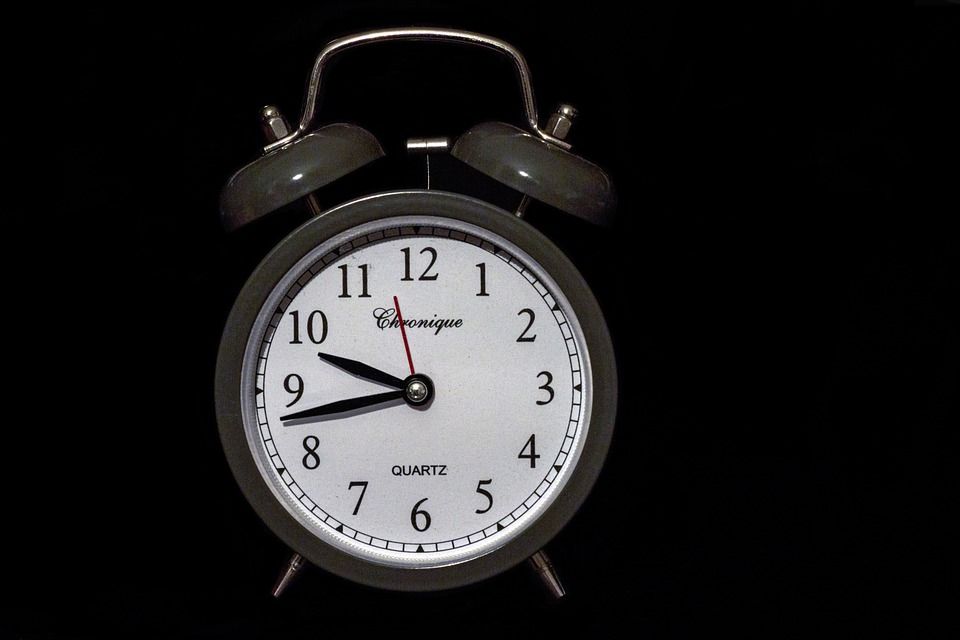 23. Waking up to an alarm clock
23. Waking up to an alarm clock
This is unexciting. Now if they woke up to a gunshot, or an alien invasion, or to a missing wife, those would all be exciting ways to wake up. Choose the unusual over the mundane.
24. Believing confusion is the same thing as subtlety
I think subtlety is a wonderful tool to have in the writer's toolbox. But if the beginning of your book is just confusing the reader, you're not being subtle.
Subtlety relies upon the reader understanding … so make sure everything that is subtle is also clear. If you have to err between giving the reader information outright and giving it elliptically, choose the straightforward route. People would rather understand the story than be toyed with.
25. Starting with humdrum sentences
Does this contradict #15, about using fancy language? No. I'm not asking you to use fancy language, I'm asking you to sound different than other writers. How do you do that?
By getting some attitude in your prose. By making your writing sound like it's from a place, rather than from everywhere and nowhere. By getting voice. Agents and publishers say that "voice" is the most important thing they look for in a writer, so make sure the start of your novel displays some of the language that makes your character into a true character.
How DO I Start a Novel?
Here is a list of 20 excellent first paragraph strategies and how you can use them.
FAQ:
If I avoid all these mistakes, will my book be good?
Not necessarily, but you'll have a much better chance. Since these are the most common mistakes when beginning a novel, you'll have sidestepped the easiest errors and hopefully your book will work better because of it. Maybe hire an editor once you've finished and they can help you avoid other errors.
Write Better Books.
Receive a free copy of "DEFEAT WRITER'S BLOCK"
when you subscribe to my weekly newsletter.
Success! Now check your email for your free PDF, "Defeat Writer's Block."
How To Start Off Writing A Book
Source: https://thejohnfox.com/2016/11/how-to-start-a-novel/
Posted by: stottpubbee1972.blogspot.com

0 Response to "How To Start Off Writing A Book"
Post a Comment